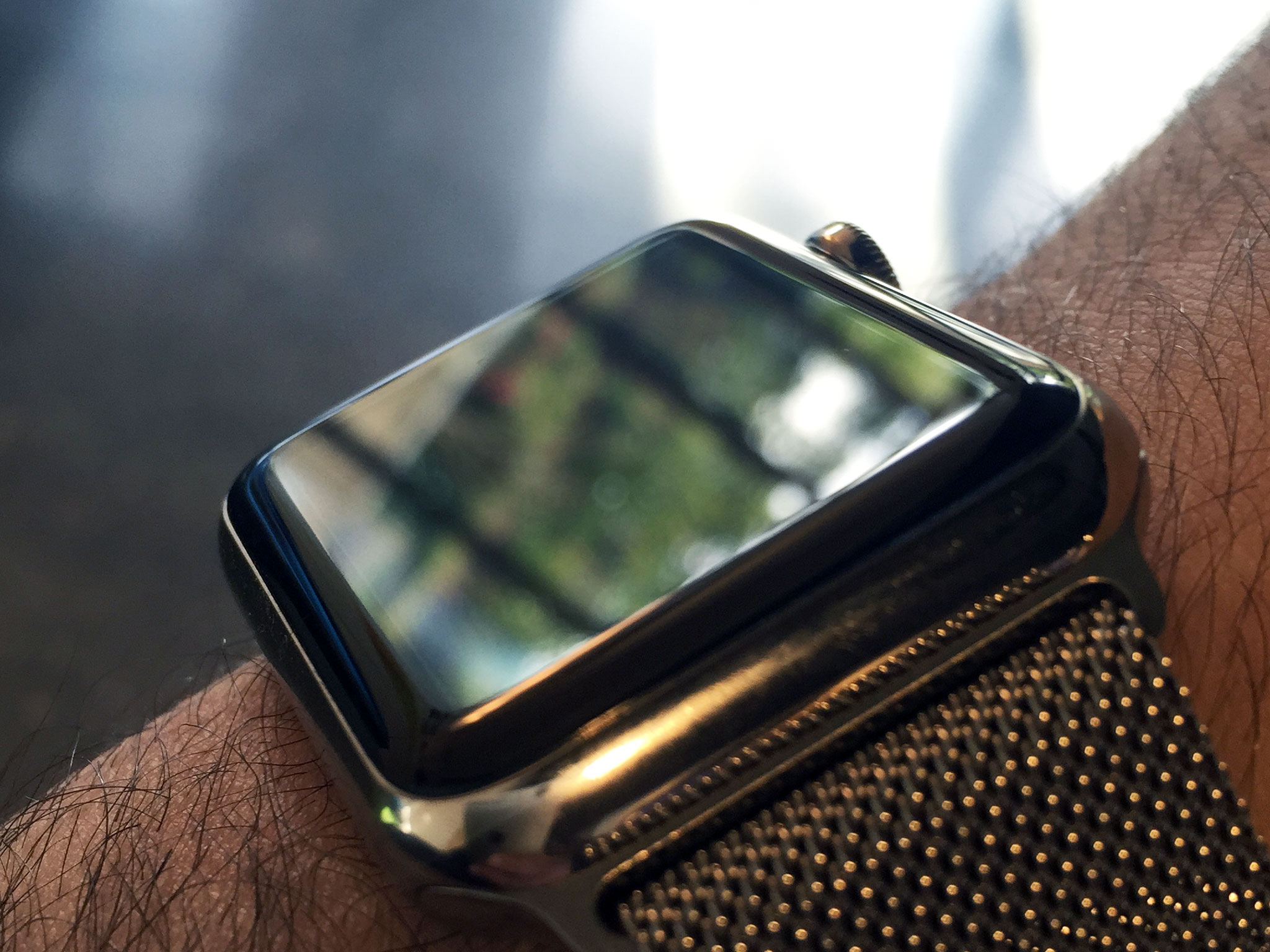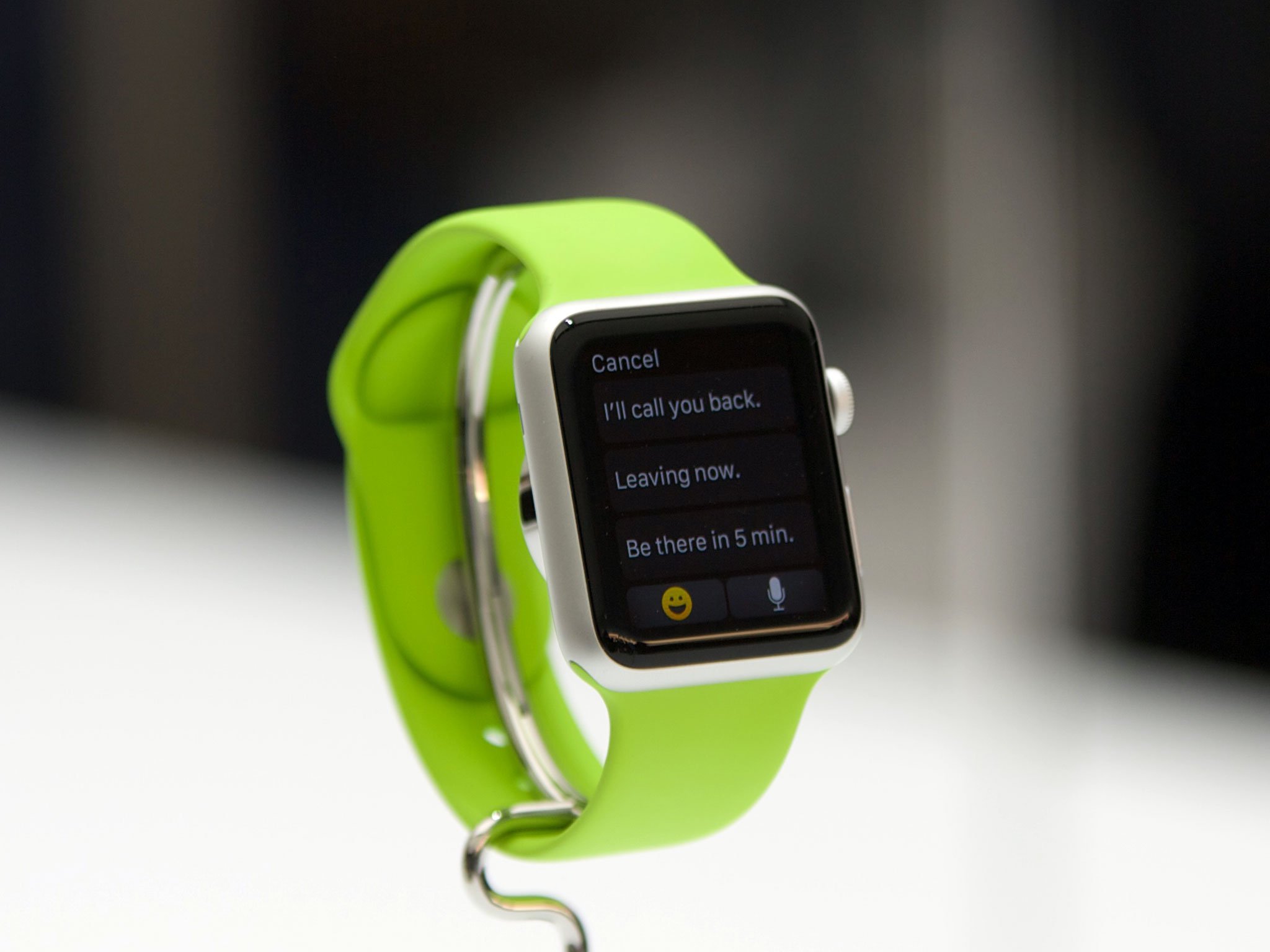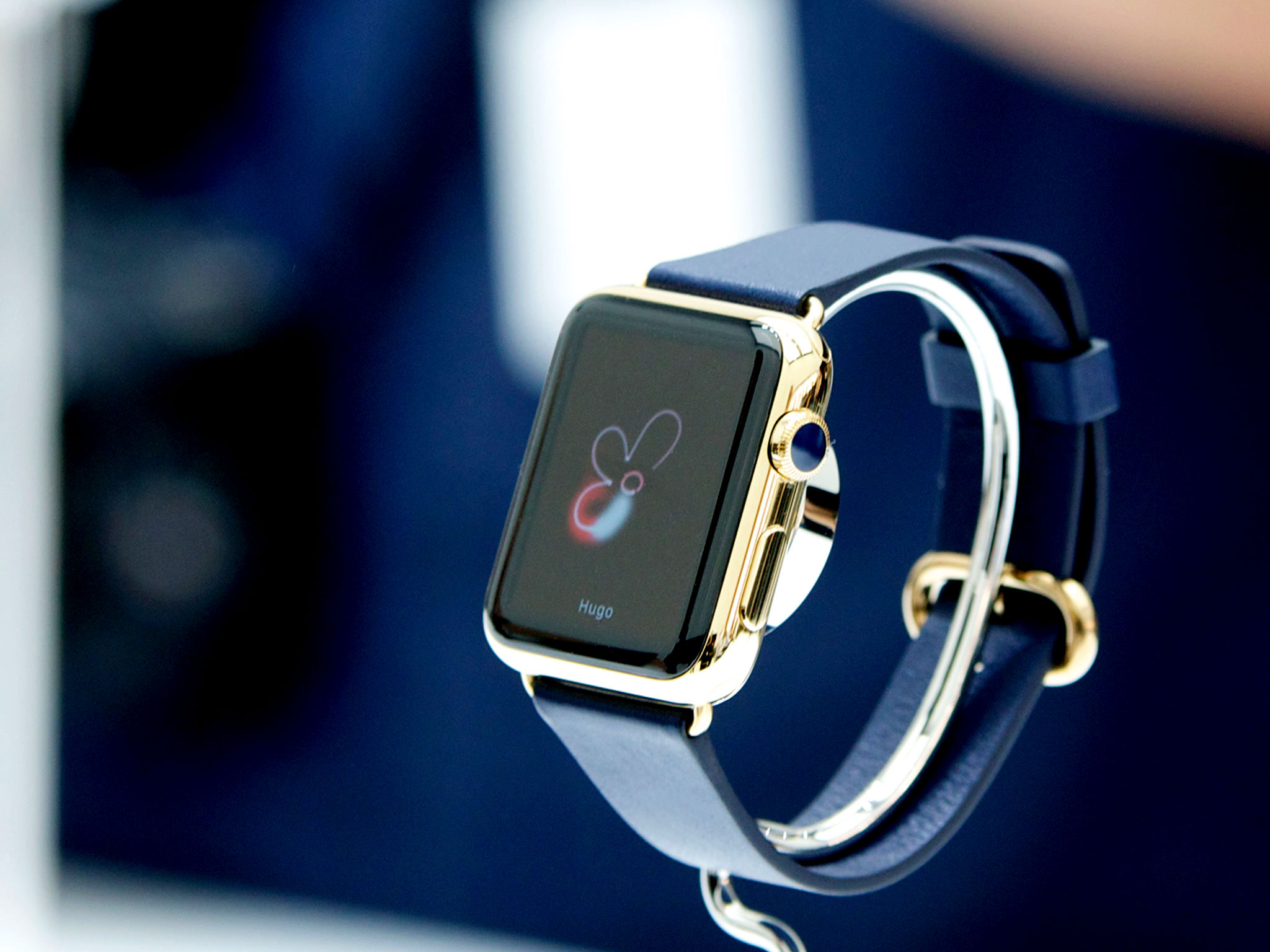Apple Watch and durability: How tough are Apple's screens?

Anyone with an iPhone has seen how screens hold up to the scratches and scuffs that occur with a device that lives in your pocket or purse, potentially with keys or loose change. The Apple Watch, however, is out there in the open, exposed to a wide range of incidental daily contact. And the screens are right out front.
Greg Koenig is co-founder of Luma Labs. He hews atoms into objects you may find useful. In this capacity, he's gained expertise into manufacturing and materials, and has been gracious enough to share those with us in this overview of the Apple Watch and its potential durability. In part one, Greg covered the material durability of Apple's aluminum, stainless steel, and gold watch cases. In this part, he covers the durability of Ion-X and sapphire screens.— Ed
Ion-X

Let's just dispense with the fact that Ion-X glass is using the same technology Apple has employed since the introduction of the iPhone, featuring a Corning product that would later be branded as Gorilla Glass. The heart of making this glass is an ion exchange process — the glass sheets are placed in a molten salt bath, causing sodium ions to leach out of the glass and be replaced by larger potassium ions. These larger ions take up more space in the structure of the material, leading to increased hardness, density and strength. The "Ion-X" branding is new, but it does not explain or connote any special developments when compared to the techniques Apple's surface glasses in the iPhone have used for many years.
Sapphire vs. Ion-X

What makes the comparison between sapphire and Ion-X interesting is that it illustrates a classic Hobsian choice for engineers when looking to apply a material to solve a problem. Sapphire is very hard, making it resistant to scratches, but somewhat brittle. Ion-X is a more yielding material, able to withstand bending and impacts sapphire would crumble under, but it's softness also makes it more susceptible to surface damage. Attempts to innovate around such tradeoffs are at the heart of many material engineering careers. They're what led to the creation (centuries ago) of folding hard, brittle metals with stronger, higher yield strength metal to form Katana blades.
For now, it appears the division of applying Ion-X to the Sport, and sapphire to the Watch and Edition models seems appropriate. Sapphire is the absolute standard crystal material for higher-end watches. It's had decades of service and fractures and chips have been relatively rare. Ion-X will likely show some scratches here and there, but is far more suitable to the athletic intentions of the Sport model.
The future of screens
In the future, the tradeoff between Ion-X and sapphire will become more interesting. Corning (and others) have very high demand for ion exchange hardened glass, and they are continually improving the production process and technology. Sapphire, on the other hand, has very limited opportunity for improvement. It will be interesting to see if glass can one day surpass sapphire across both scratch resistance and overall strength — it is entirely possible.
Master your iPhone in minutes
iMore offers spot-on advice and guidance from our team of experts, with decades of Apple device experience to lean on. Learn more with iMore!

